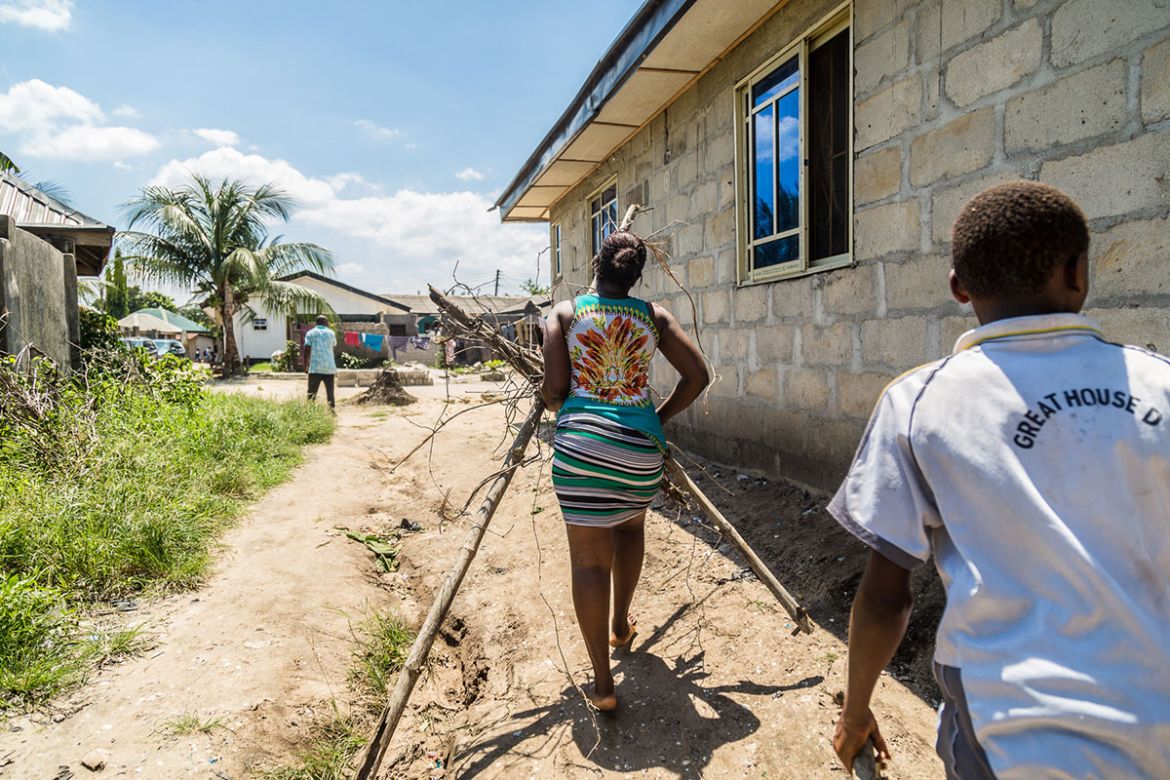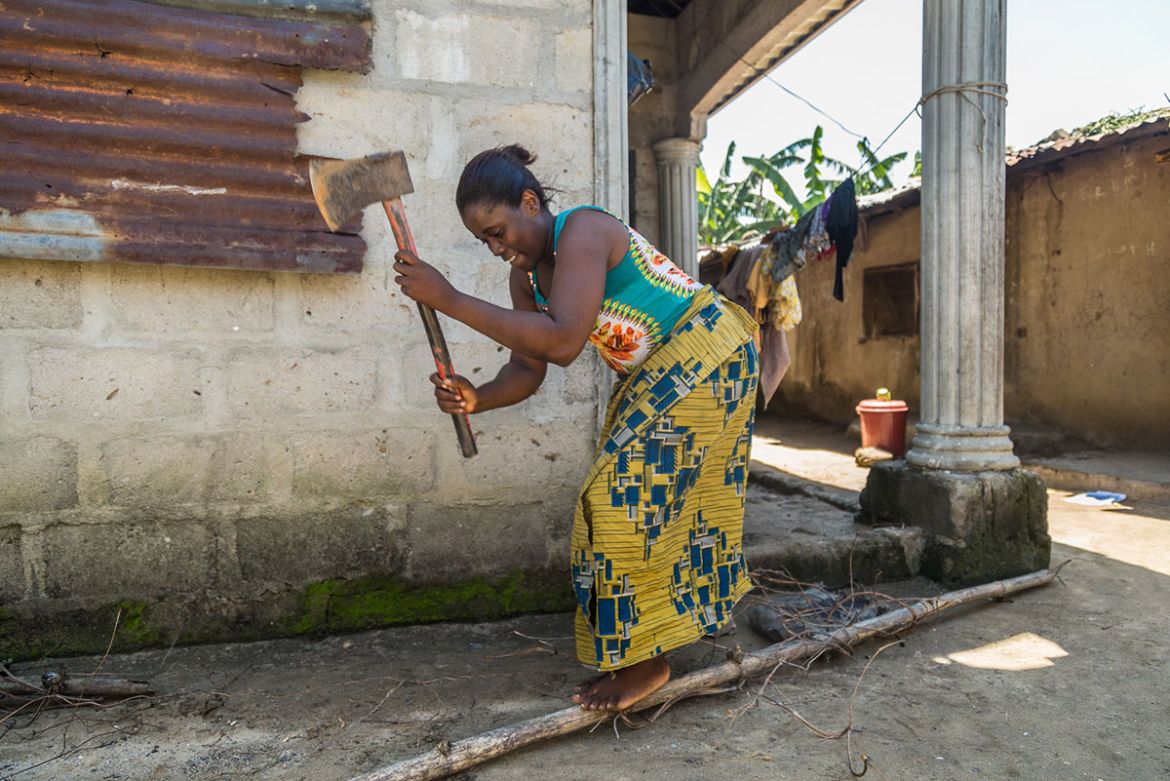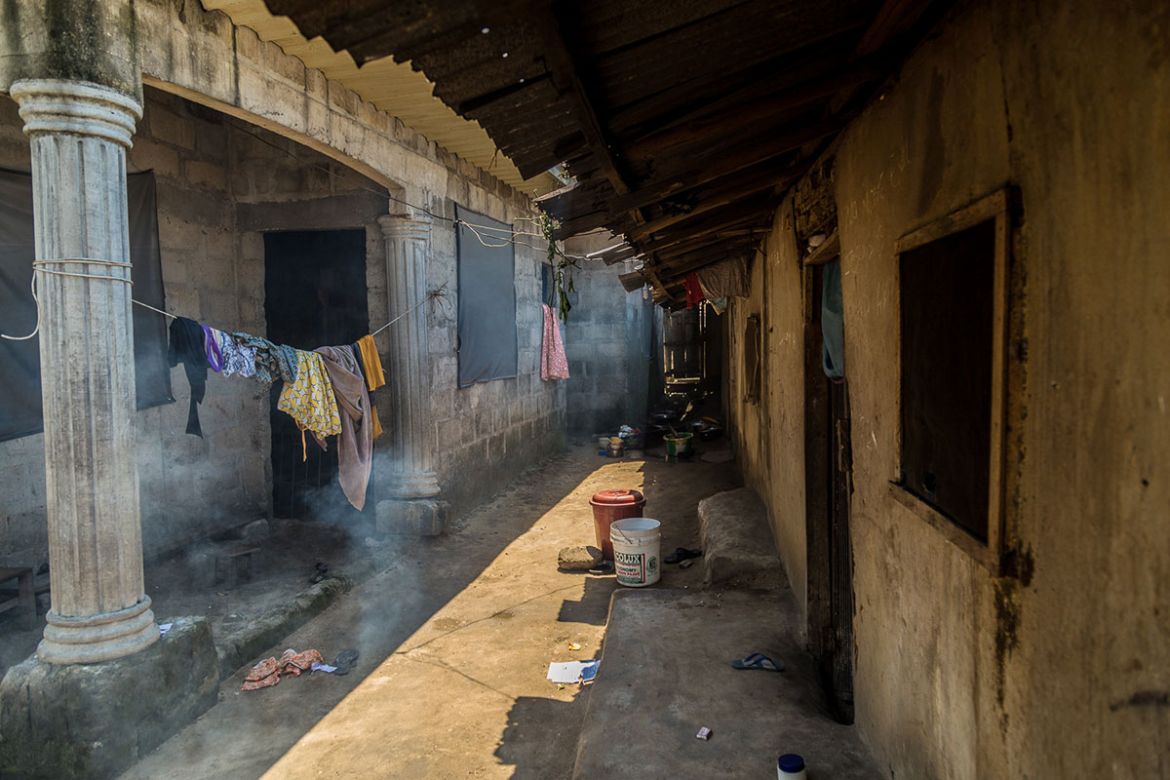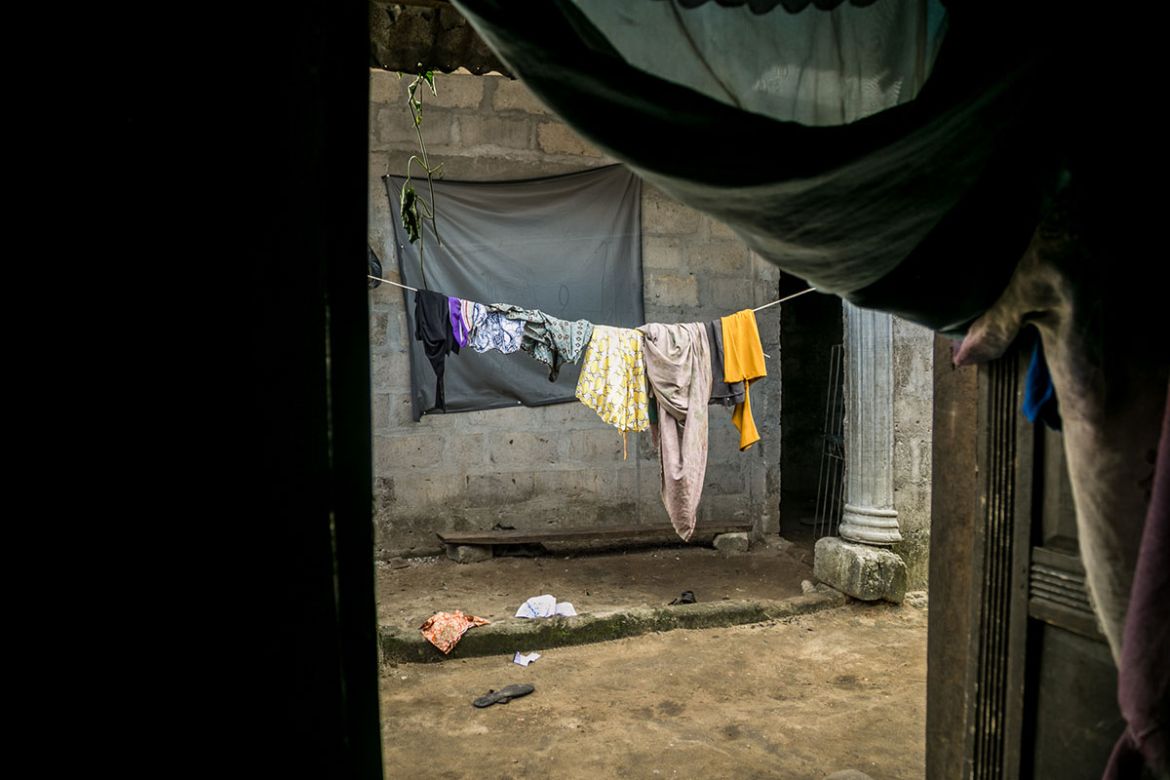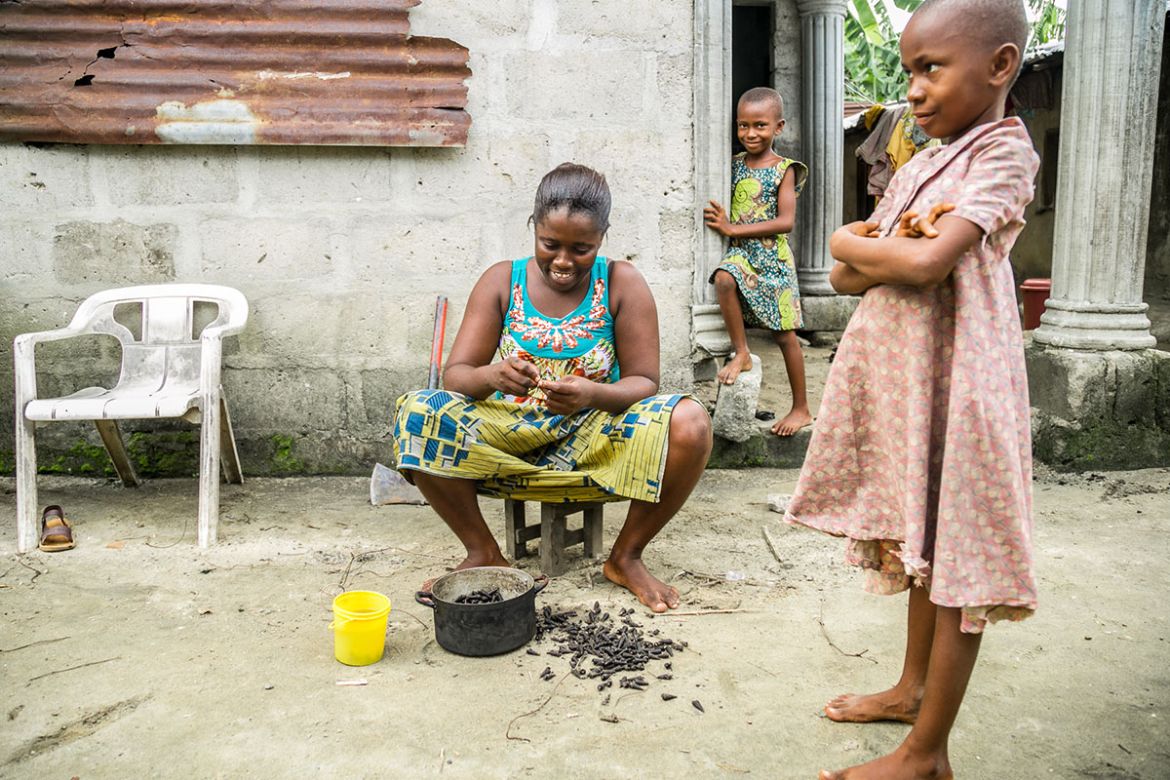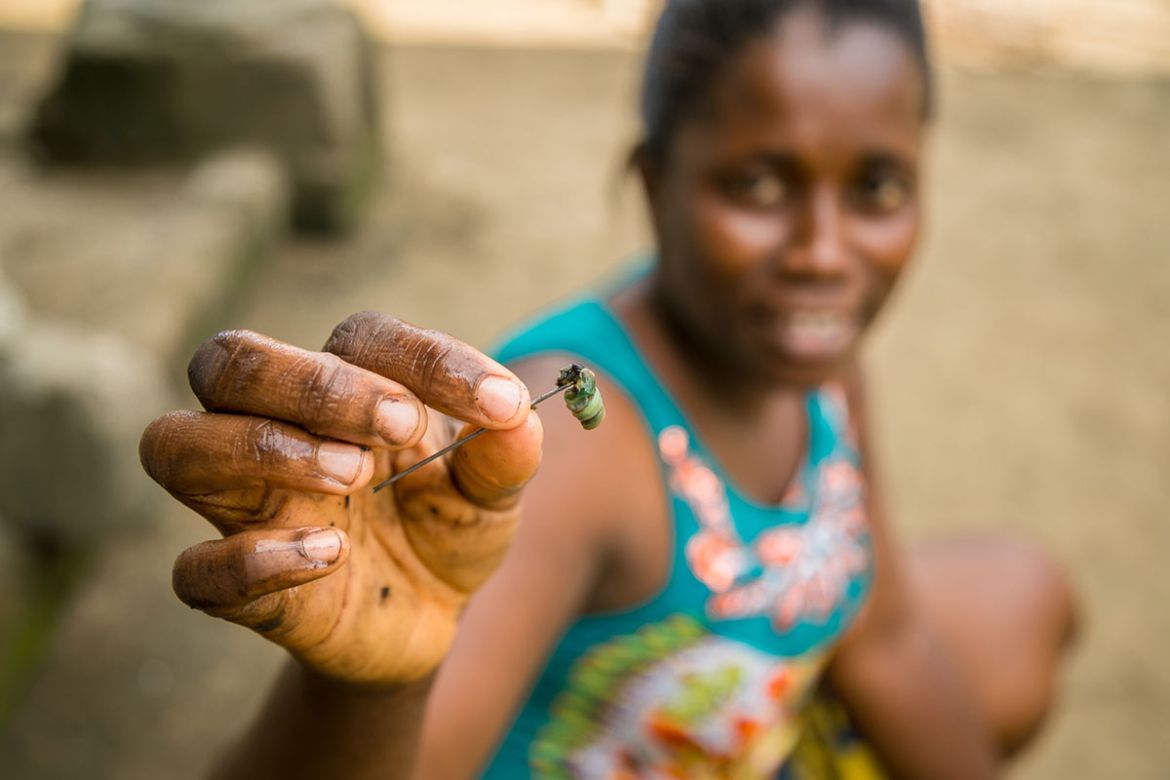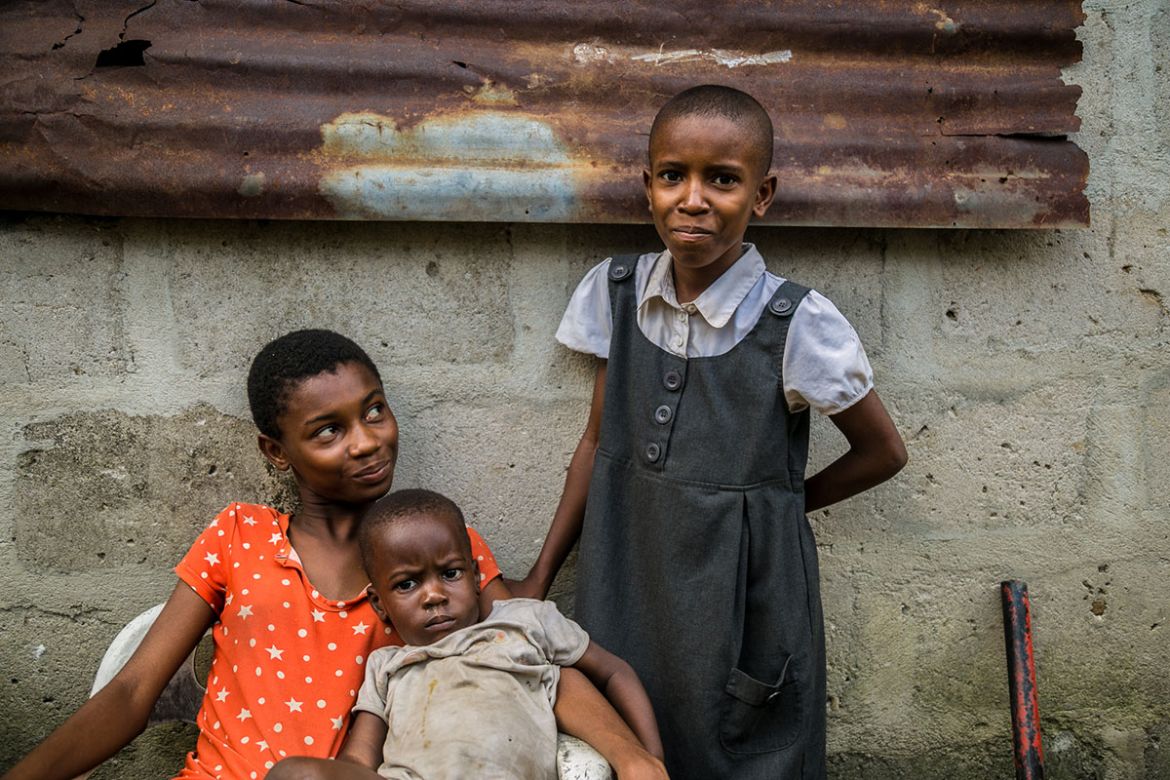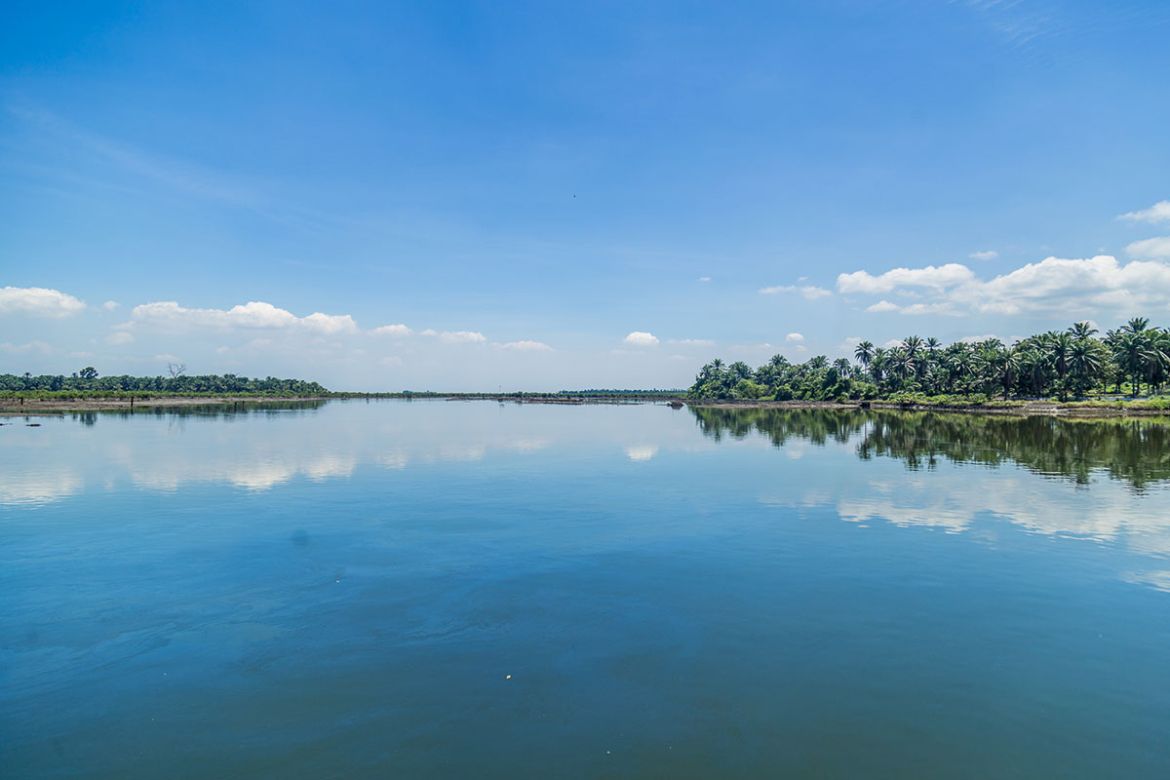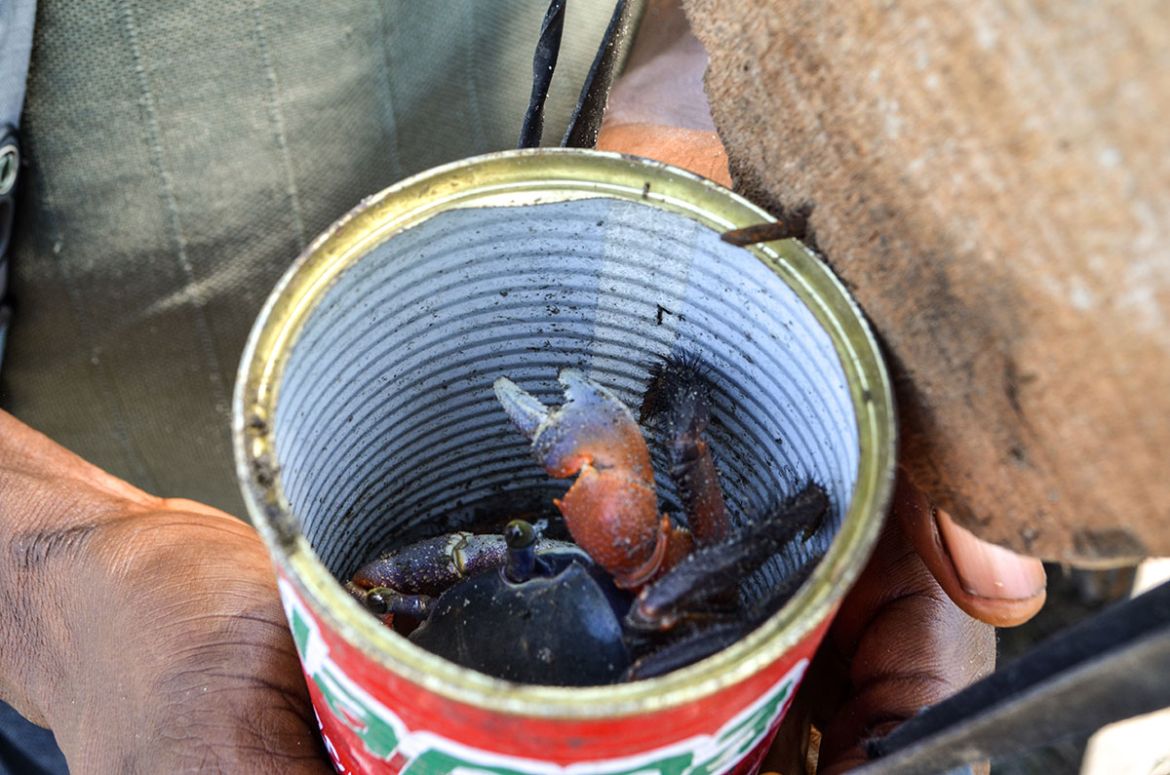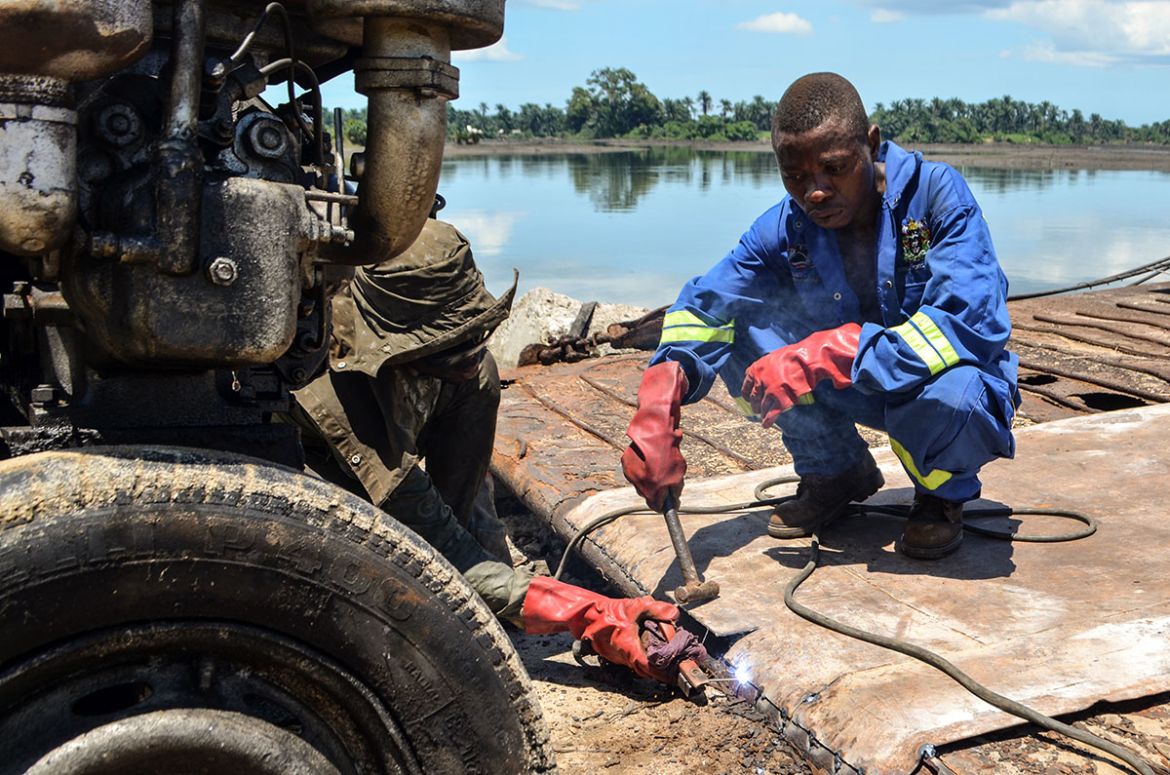In Pictures
Long-term effects of oil spills in Bodo, Nigeria
Environmental devastation, ruined economy and deteriorating health afflict Bodo community years after Shell oil spill.
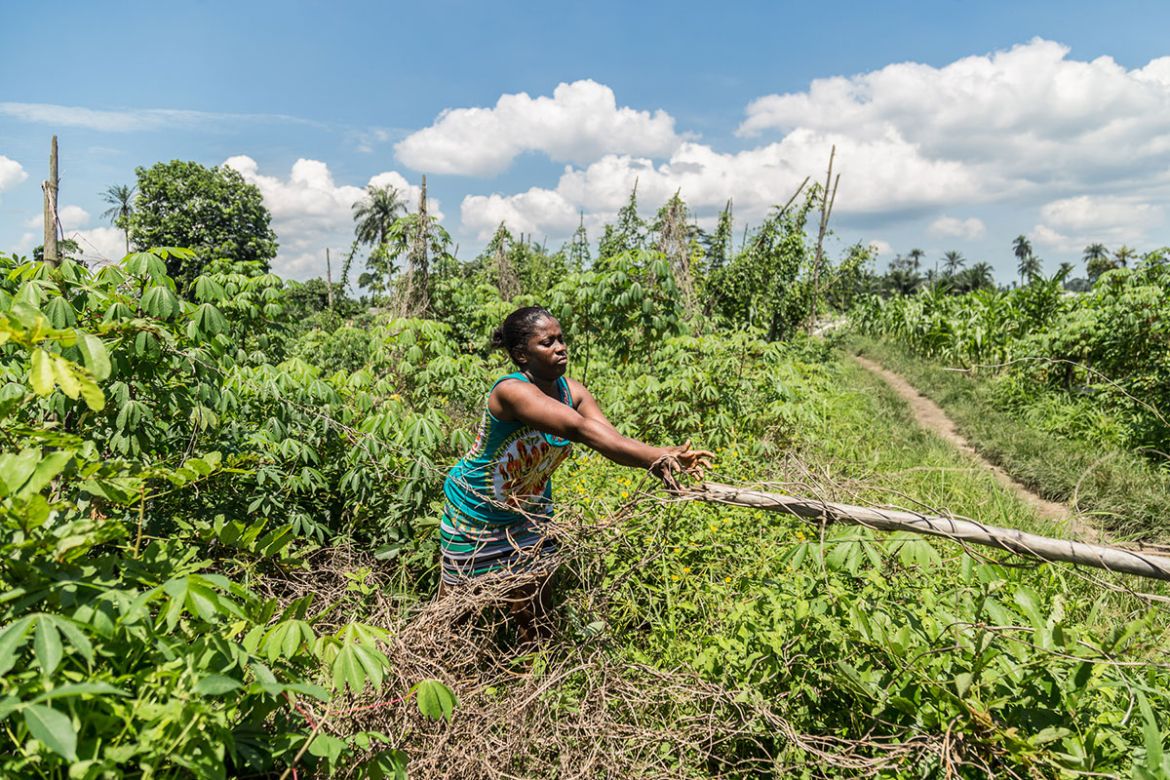
Bodo Village, Nigeria – In 2008 and 2009, a 55-year-old pipeline owned by Shell ruptured twice, throwing up 600,000 barrels, according to UK court claims, of crude oil into the surrounding creeks of the Niger Delta.
In 2015, after many years of battles with campaigners, Shell announced it would pay out $83.2m in compensation for the spill. This was split up among the community. Most families received about 600,000 naira ($3,000). Yet after more than eight years that have passed, the community is still waiting desperately for the cleanup efforts promised to them. The creeks and shores of this once thriving fishing community remain decimated by the oil damage.
In January 2017, a British court blocked a lawsuit brought against the Anglo-Dutch Shell company by the devastated Nigerian communities, saying it must be filed in Nigeria.
On January 26, 2017, as reported by the Associated Press, Kay Holtzmann, the former director of the project funded by Shell to clean up the oil spills, wrote a letter saying there are “astonishingly high” levels of pollution affecting the Nigerian community.
The letter was addressed to the chairperson of the Bodo Mediation Initiative, Inemo Samiama, and outlined the potential health effect of the contamination on the Bodo community. “Although the locals are accustomed to their environment they are exposed to hazards and especially negative long-term effects on their health are unpredictable. The results dictate the need for a health screening of the Bodo people,” Holtzmann stated.
Joyful Paango, a resident in Bodo village, says she and her family have struggled with their health since the spill. She is concerned for her six younger siblings, who have been directly affected by the contamination. “I pray that God will take me and my family from Bodo one day.”
